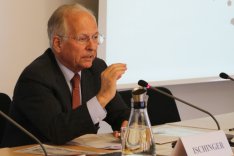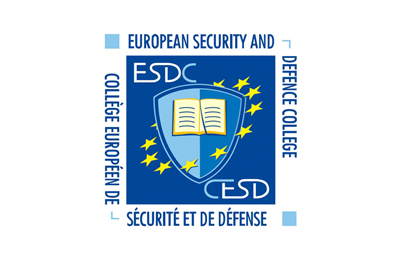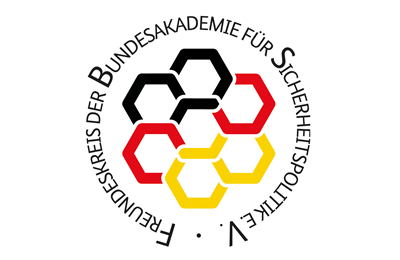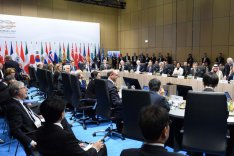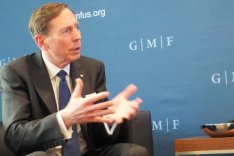Working Paper 10/2017: Middle East
Dear Madam or Sir,
the Middle East has been considered a conflict zone for decades. In our Working Paper No.10/2017 Dr Andreas Jacobs highlights the upheaval in the region since 2011 and finds an overwhelming failure of statehood. He argues that strengthening existing regimes with regard to short-term stability might turn out a mistake in the long run. Therefore he argues that, in the long term perspective, the functionality of statehood should be supported instead.

